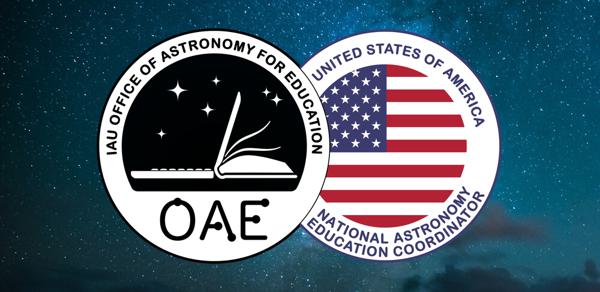Glossary term: Universal Time (UT)
Description: Universal Time, abbreviated UT, is an umbrella term for several ways of defining the measurement of time. UT1 is the mean solar time at longitude zero (the historical location of the Royal Greenwich Observatory). Mean solar time defines the length of a day as the average duration between one noon (highest position of the Sun in the sky) and the next. In practice, the necessary measurements are made not with the Sun, but with distant astronomical objects such as quasars at night. UTC, Universal Time Coordinated, is a time standard based on the timekeeping of a specific large set of atomic clocks ("international atomic time" or TAI), but with occasional extra seconds ("leap seconds") added to some days to ensure UTC and UT1 never diverge by more than 0.9 seconds.
Related Terms:
See this term in other languages
Term and definition status: This term and its definition have been approved by a research astronomer and a teacher
The OAE Multilingual Glossary is a project of the IAU Office of Astronomy for Education (OAE) in collaboration with the IAU Office of Astronomy Outreach (OAO). The terms and definitions were chosen, written and reviewed by a collective effort from the OAE, the OAE Centers and Nodes, the OAE National Astronomy Education Coordinators (NAECs) and other volunteers. You can find a full list of credits here. All glossary terms and their definitions are released under a Creative Commons CC BY-4.0 license and should be credited to "IAU OAE".








